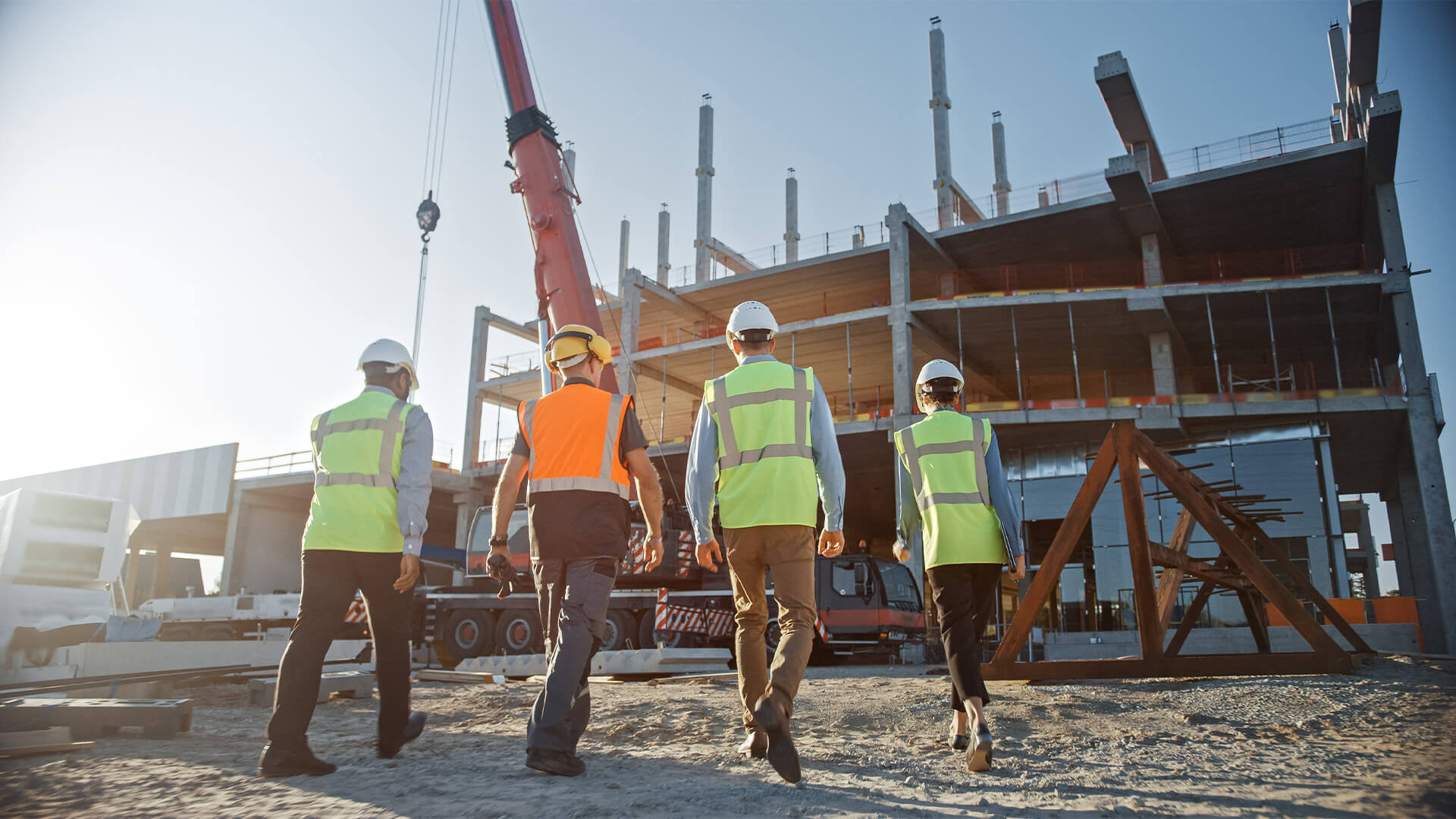What Should I Know About Commercial Construction?

The construction process for a commercial project is different from residential construction. Fewer people are involved, and the process is more complicated—but it can also be more fun to watch your dream project go from blueprints to completion. Here’s what you need to know about how commercial construction works:
Commercial construction projects can include high-rise buildings, schools, hospitals, and hotels.
Here are some things to know about commercial construction:
- Commercial projects can be more complex than residential projects. The larger a project is, the more complex it becomes. A commercial building will have multiple systems (such as plumbing, electrical, HVAC) that need to be coordinated with each other and with the overall design of the building.
- Commercial projects are often more expensive than residential projects because they require additional material and labor costs due to their size and complexity compared to smaller residential structures like single-family homes or duplexes where only one set of materials will suffice for each space within them (elevator shafts aside!). For example, if you have ever built a large home or apartment building before then you know how much time goes into doing so because there are so many different areas involved – kitchens/bathrooms/bedrooms etc which all require different types of materials depending on what type of surface they’re placed against; concrete flooring versus carpeting etcetera… which means there’s not just one type of subfloor beneath another but instead several types depending on where they’re located around your property; basement floors versus first level floors versus upper levels above those two areas – all requiring unique methods when installing them too! This makes planning out exactly how much material needs to go around these spaces tricky business indeed!
A commercial construction project requires a team with many different skills.
- You need a team with many different skills.
- The team includes architects, engineers, and construction workers as well as subcontractors, like plumbers and electricians.
- The team also includes people who manage the project for you
There are three phases of preconstruction.
The preconstruction phase is made up of three different parts:
- Design phase
- Construction phase
- Completion phase
You’ll need to work with a contractor you trust.
As a first-time commercial building owner, you’re going to want to find a contractor with a good reputation. To do that, you’ll need to know what kind of qualities to look for in your potential contractor before working with them. First and foremost, you’ll want someone who’s honest and trustworthy—someone who will be upfront about the process and the costs associated with it.
Of course, finding this type of contractor can be difficult if you don’t know where to start looking for them; luckily, there are plenty of resources available online that offer advice on how best to vet potential contractors before committing yourself as their client.
The process of commercial construction is long and complex, but it can be fun to watch the project go from blueprints to completion.
As you might imagine, there are a few key differences between residential and commercial construction. Here’s what you should know about commercial construction:
- Commercial construction can be more complicated than residential. While it may seem like the process of building a house or other single-family home should be fairly straightforward, that isn’t always the case. All those extra regulations, structural requirements, and competing bids can lead to a much longer timeline for your project.
- Commercial construction is often more time-consuming than residential. In addition to being complex in terms of regulations and bids from contractors or subcontractors, commercial projects tend to be quite large—and as a result they take longer than individual homes. When we talk about “commercial projects,” we’re usually referring to large office buildings or factories where multiple businesses use common space together—like malls or movie theaters—but even when you’re constructing an apartment building with only one tenant (such as yourself), there will still be some overlap between his needs and yours since he’ll need access during parts of your renovation period too!
Conclusion
There are many steps to the process of commercial construction, and it can be complex. But if you want your business to expand or move into a larger building, it’s an investment worth making.



































No comments